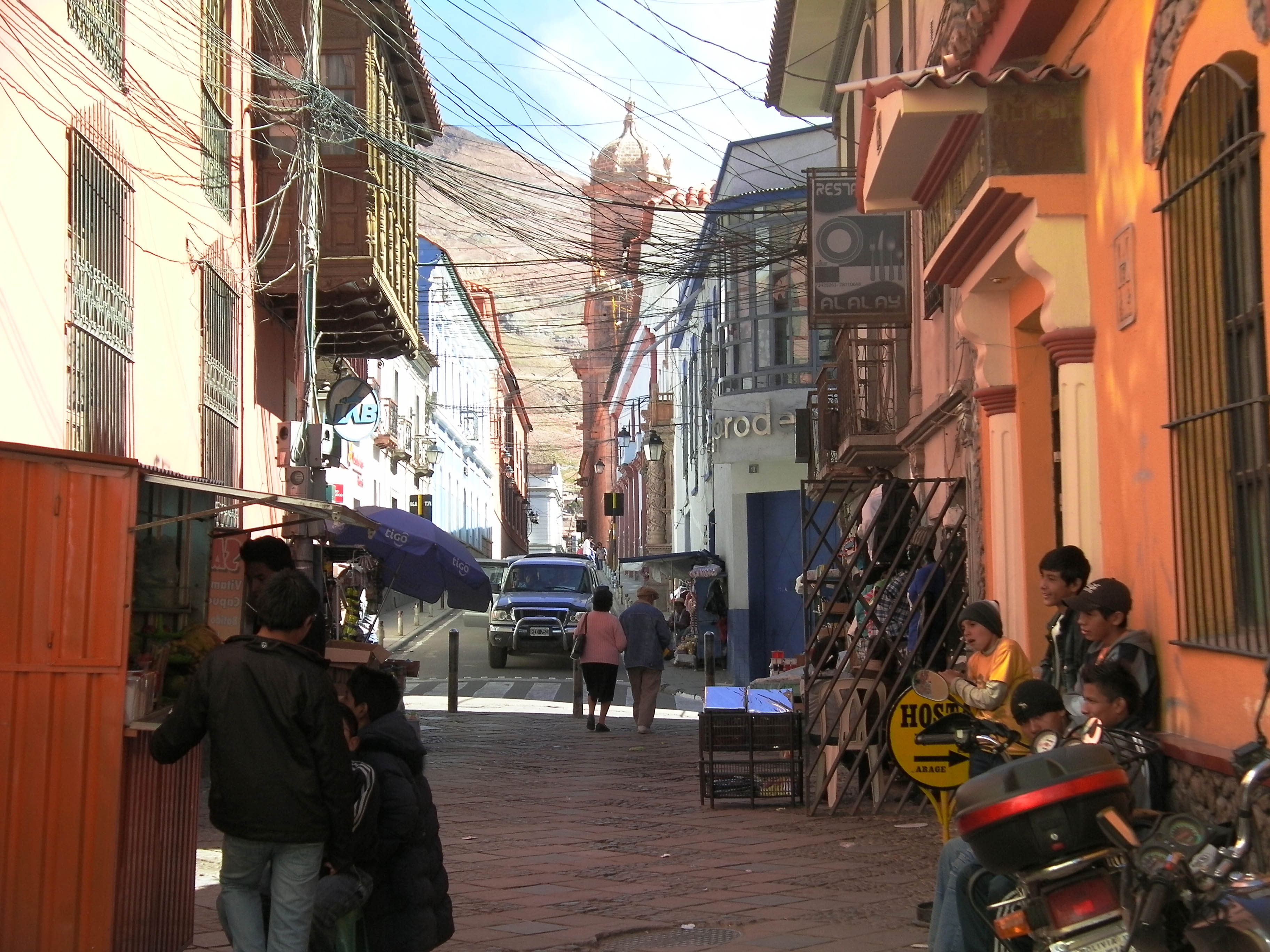We all exist within networks, and through these networks move material goods, information, power. The stuff-info-power network is easy to explain. What is less easy is to discuss the ways that stuff, information and power interact with each other. Life is complicated.
We should probably complicate it even further. I think the landscape of care in which we live is an underestimated part of our experience of the world. We all exist within networks of care, starting at the personal level: our families, lovers, friends, and how well they all look after each other. Then there is the care shown us by an employer, by a religious institution, by a union, by all sorts of minor institutions such as libraries. And at the top end of the scale is the care shown by the national and international level institutions: welfare states, health services, redistributive mechanism. This network of care shapes who we are. We are, of course, an active part of it, not merely a passive recipient.
We could think of care as having an opposite: violence. Perhaps we can view it as a spectrum: care-indifference-violence. The effect on individuals of the degree of care they receive can be enormous. Those who receive insufficient care are left marked by trauma. Those who receive the care they need will find it easier to live rich and fulfilling lives. Belief in each other, even happiness itself, can perpetuate itself through the network, as we pass on love and care to each other. The trauma of violence also perpetuates itself through the network as multi-generational trauma.
This perpetuation of care or violence is not a clearly deterministic process. Many people in a poor position in the networks of care are able to work themselves into better positions, and vice versa. One of the reasons for health services and welfare provision is to improve the position of people who were born into a bad position within society or within their families. Religion is not simply a set of beliefs as the radical atheists mistakenly belief; among other functions it is an organising principle within networks of care, sometimes for the better, sometimes for the worse. So we can re-organise care using ideas and institutions. And we, as individuals, can help create around us new networks of care.
We can also build our organisations to be caring institutions or not, we can support those around us or not. We can become aware of the network of care, and choose to play a positive role in it. We can build our collectivities with organising principles that have positive effects within networks of care, that build new elements to the networks. I would suggest we ought to do that deliberately. It is not an easy thing to do in an atomised world, but it is one way our organising can have positive effects whether or not we are winning the particular battles we pick.
